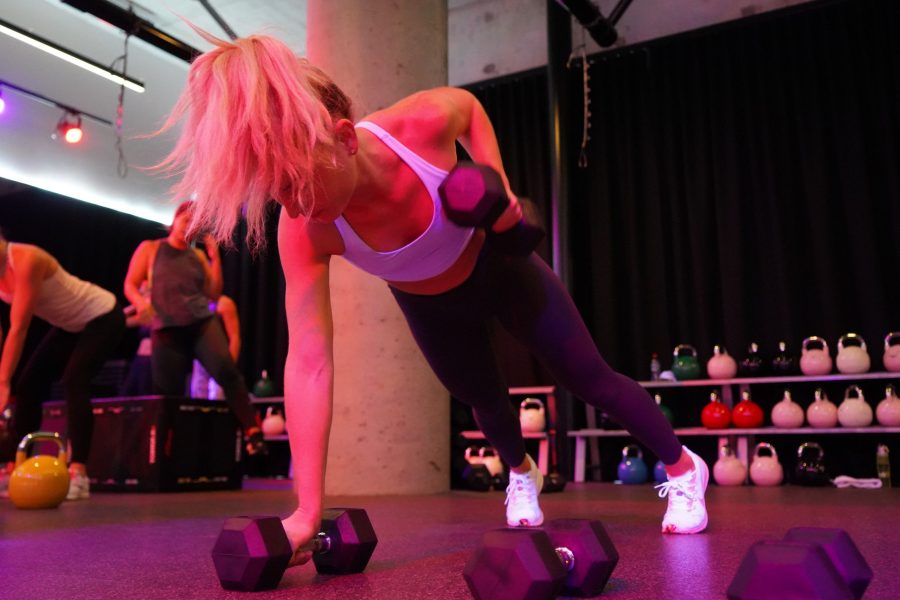At some point during our fitness journey, we’ve all been told that refuelling after your workout is a must, but is it a blanket rule that applies to every style of workout? Studies are often torn between pushing the need to consume food after every exercise, and thinking otherwise, but what can be agreed is that the importance of nutrition after exercise is dependent upon the type and duration of exercise, as well as body composition goals and most importantly, whether the workout is done in a fasted state or not.
Resistance and HIIT style training often results in a serious depletion of stored fuels including glycogen and amino acids as well as enhanced damage to muscle fibres. It is thought that after this type of exercise there is an optimal window to consume meal/ fluids to help rebuild this damaged tissue and enhancing body composition.
Softer styled training like yoga or pilates, tend to focus much more on body rehabilitation, core strength and muscular stretching, therefore, while these still take it out of us, there is far less depletion of stored fuels, and hydrating becomes more of a priority than consuming particular food quantities. Which is a must after completing a heated class!
Understanding your workout style is significant as it accounts for the fuel you should then put back into your body, just like your favourite car. If you put in the wrong fuel, many potential issues can arise and we can perform at a much lower capacity than we might expect after our workout.
The goals of post-exercise nutrition are to:
- Appropriate refuel and rehydrate the body
- Promote optimal muscle growth and repair
- Support recovery
- Replenish glycogen
Inadequately fueling your body after exercise can lead to:
- Delayed recovery
- Increased fatigue
- Reduced performance during your next session
- Increased muscle gain
- Not seeing results!
While immediate consumption post-workout may vary, studies have found that consuming carbohydrate within 2 hours helps to establish the re-synthesis of muscle glycogen and that adding protein to this meal can further enhance glycogen resynthesis. However, this concept is most important if you are exercising in the morning in a fasted state. So, if you wake up and go to the gym without having breakfast, your post-workout meal is much more important than eating immediately after your afternoon workout if you have already had lunch. Similarly, if you plan to work out again within 8 hours, a post-workout meal is more important.
So, what should you eat and drink after exercise?
- A good source of carbohydrates to replenish muscle fuel stores.
- Lean protein to facilitate muscle repair.
- Low Glycaemic Index (GI) fruits such as berries for a good source of fibre and polyphenols, which reduce inflammation in the body.
- Water! Sweating causes electrolyte loss of sodium and potassium. If you regularly attend heated classes, make sure you are hydrating and replacing mineral loss by adding a pinch of good quality salt or by drinking coconut water.
Some options of post-workout meals include eggs with a piece of toast, tofu scramble with vegetables, chicken and vegetables, whole-grain wrap with protein and vegetables, oats with Greek yoghurt and banana, a smoothie with protein powder, greens, frozen berries and milk.
What’s the deal with protein powders?
A common sight for many leaving the gym, protein powders can be beneficial if you don’t have much of an appetite after eating. Opt for a whey protein powder and have a good look at the nutritional profile to avoid additives and sweeteners.
If you are vegan/vegetarian a brown rice and pea protein combination or hemp protein gives you the optimal amino acid profile.
In summary, it is important to refuel your body within a few hours after exercising. If your goals are fat loss, focus more on protein and small servings of complex carbohydrates. If your goals are muscle gain, increase both protein and carbohydrates. If you have specific goals, it is best to consult a dietician or nutritionist to have a meal plan specific to you.
Words by @tahliajorden_naturopath


